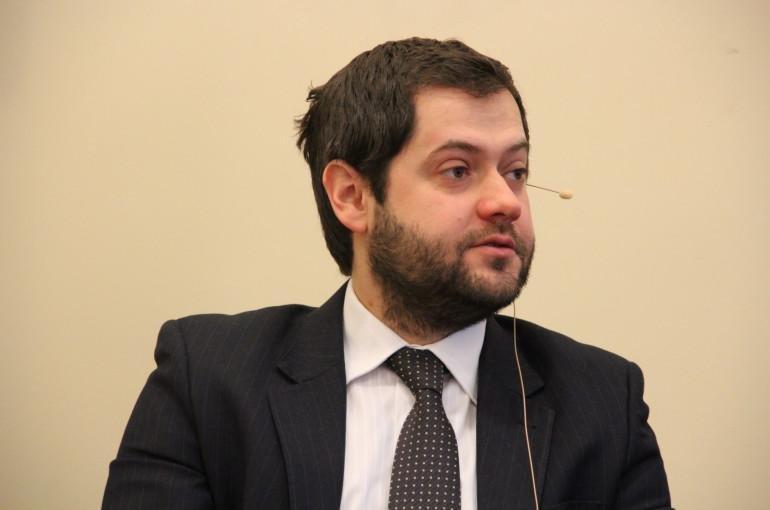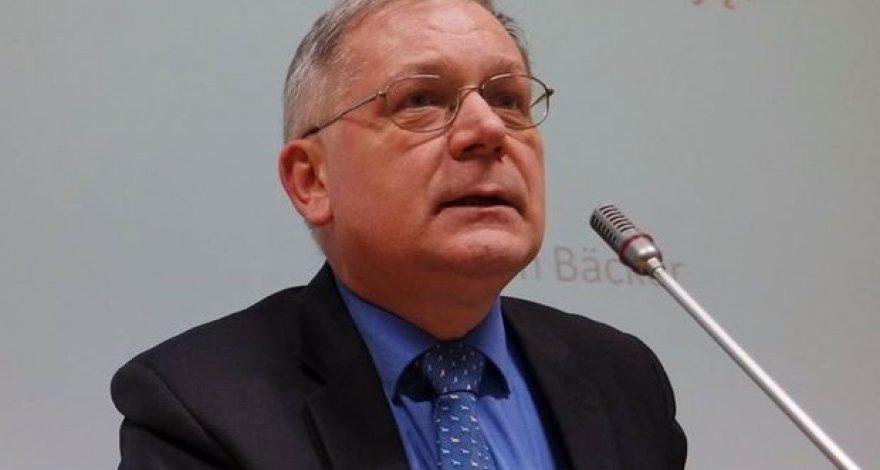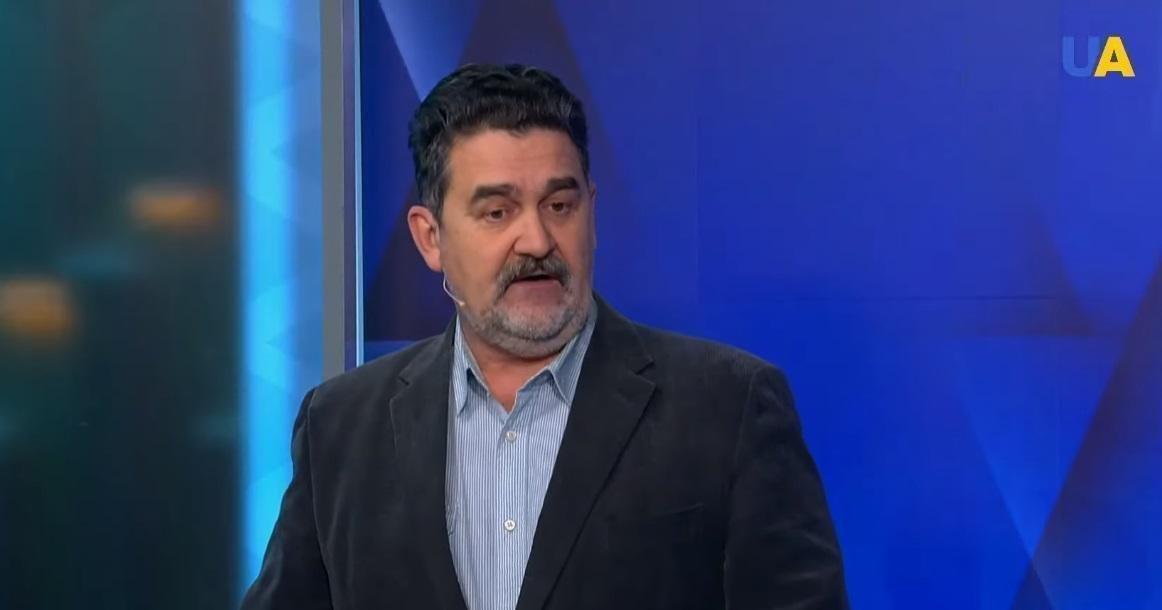Break with reality: Sargsyan complained to Polish PM about Azerbaijan Expert opinions on Caliber.Az
Armenia's third President Serzh Sargsyan sent a congratulatory message to Donald Tusk on the occasion of his election as Prime Minister of Poland.
After introductory congratulations, the following words suddenly follow: "...My last letter to you, written on 17.10.2020, was my request for your public and non-public intervention, as a well-known in Europe advanced politician, to save the Armenian people in one part of my homeland - Nagorno-Karabakh - from annihilation. Unfortunately, the great tragedy I had foreseen has happened: in the 21st century, before the eyes of civilised humanity, the Armenian people in Karabakh have been ethnically cleansed by Azerbaijan, which has turned Armenophobia into a state policy. None of the 150,000 Armenians remained in their homes. But the problem, in our opinion, is not solved - it simply cannot be so solved, and the page of Armenian Karabakh is not closed". And then congratulations and wishes followed once again.
It is not very clear what exactly Sargsyan is trying to achieve from Tusk with this strange complaint. To declare war on Azerbaijan?
Meanwhile, his close associate from the previous government, former Defence Minister and current head of the parliamentary faction of the opposition Armenia bloc Seyran Ohanyan, also distinguished himself, saying at a briefing in the National Assembly on 13 December: "The Karabakh conflict is not over". According to him, "Nagorno-Karabakh has been a factor in the region, and all its institutions must continue to exist for the sake of preserving its subjectivity, including by creating conditions for the return of Karabakh Armenians to their historical homeland".
No, no one is arguing about the return of the Karabakh Armenians; in fact, official Baku is calling on them to do so, unlike, incidentally, Yerevan. But for what purpose does the retired minister say that "the Karabakh conflict is not over"? What is behind these statements of Sargsyan and Ohanyan? After all, they cannot but realise that no one will do anything against Azerbaijan in such a situation. Moreover, there are no grounds for this.
Well-known foreign experts shared their opinions on this issue with Caliber.Az.

According to Polish political scientist, doctoral candidate at the Faculty of Oriental Studies of Warsaw University Konrad Zashtovt, the questions are very interesting.
"I think that Tusk and Sargsyan have ties from the times when the former was prime minister of Poland and the latter was president of Armenia. That is, 10-12 years ago. Tusk visited Armenia then," he reminded.
But it is still strange that Sargsyan, a politician from the so-called "Karabakh clan", is trying to use his ties with Poland, Zashtovt says.
"Sargsyan and Kocharian have always been pro-Russian politicians. However, Poland now has a new government for which the South Caucasus is not a foreign policy priority. Although, most likely, we can expect Warsaw to maintain good relations with the current Armenian government, i.e., with Pashinyan," the orientalist believes.

Roman Bakker, a Polish analyst and professor at the Faculty of Political Science and International Studies at the Nicolaus Copernicus University in Toruń, said in his turn that the new government in their country had been formed only the day before, so the details of Polish foreign policy were unknown.
"Currently, the most important issues for Poland are relations with the European Union and with Ukraine. I do not expect the ruling coalition to have any time to deal with other issues," he said, referring to Sargsyan's address.

According to Igor Semivolos, executive director of the Kyiv-based Centre for Middle East Studies, former Armenian President Serzh Sargsyan has apparently turned to Donald Tusk before, during the latter's tenure as president of the European Council.
"It is difficult to say whether that address contained proposals or was a desperate attempt to reach out to anyone. However, it is obvious that the fact of that correspondence seemed significant to Sargsyan and he decided to recall it. But these are the past times. A lot has happened since then - the Karabakh conflict is over, the countries are conducting direct negotiations on peace and borders," the expert noted.
At the same time, he is sure that the current Polish Prime Minister has something to do besides the Karabakh issue. The more so because there are legitimate authorities in Armenia and Azerbaijan, with which Donald Tusk can cooperate if necessary.
"Thus, Poland, unlike most Central European states, does have an Eastern policy, and among other issues, the South Caucasus is in the zone of its special attention. I cannot answer for the esteemed Polish prime minister, but somehow I am convinced that in a hypothetical response to this letter he might advise the former and current Armenian authorities to get rid of Russian influence as soon as possible," Semivolos concluded.








